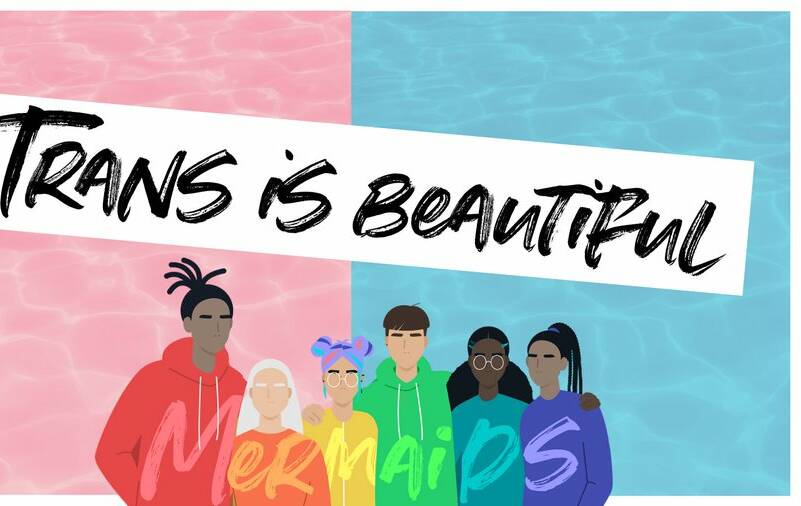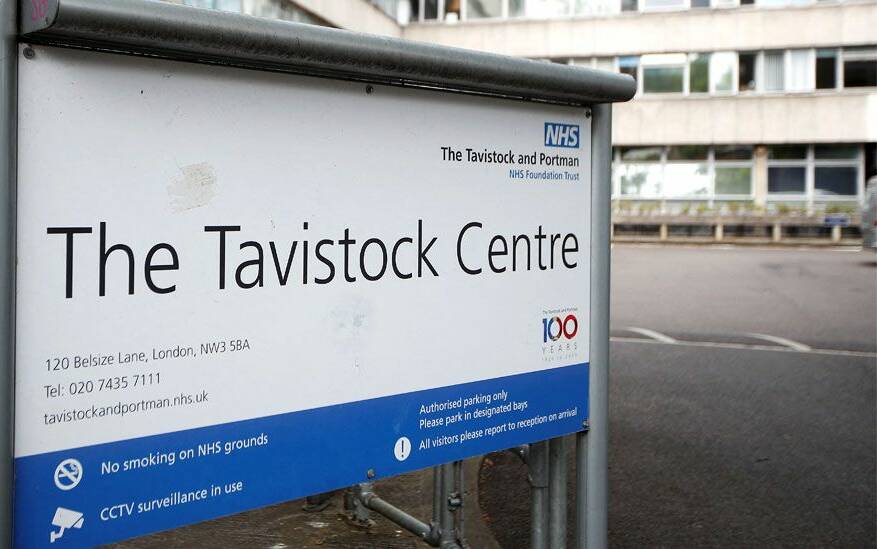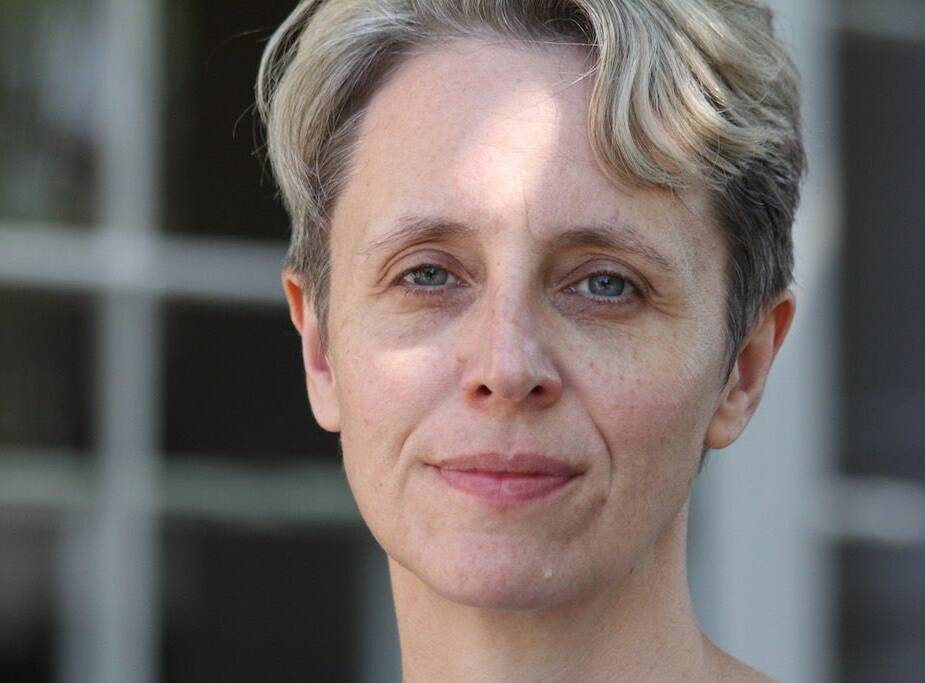
IT'S a golden (if regularly ignored) rule of journalism that writing about things you don't understand is a recipe for getting it wrong.
So at this point, I will lay down my hand, and acknowledge I know very little about the world of transexuality and gender incongruence, and even less about the rise of a medical model that has seen puberty-blocking drugs dispensed to young teenage children around the world.
But I do know something about the broader context of the trans debate, and where it sits within "the culture wars", which at their essence are a clash between the traditional Christian dogmas of "right" and "wrong" - and the notion that to do wrong is to "sin" - and the various post-modern philosophies that hold there is very little in the way of absolute truth in this world, and that relativism has far more going for it right now than the old establishment view.
It's all around us, regardless of whether we are conscious of it happening.
The shift from outlawed homosexuality to the celebration of sexual diversity has flown by in little more than a generation.
The rejection of "classical" history that sees the "discovery" of Australia more properly described as its invasion. And so on.
I'm writing this after reading a 1999 criticism of the UK's Tavistock Clinic and the associated Tavistock Institute of Human Relations, which were accused back then of covertly using psychiatry and psychoanalysis to influence human behaviour, in children as well as adults, and not in a good way.
When I started googling "the Tavi" - as its supporters call it - to check these claims, I found the organisation at the heart of a big blow-up in the UK over the trans issue.

Last month, after a series of court cases and a review of its services, the UK government has ordered the closure of the Tavistock Clinic's National Health Service (NHS) Gender Identity Development Service (GIDS) in London - a facility at the vanguard of "gender fluidity", and the related prescription of the above-mentioned puberty-blockers to pre-pubescent teenagers.
Wikipedia says these "gonadotropin-releasing hormone analogues (GnRHa) ... allow patients more time to solidify their gender identity, without developing secondary sex characteristics", the idea being that if "a child later decides not to transition to another gender the medication can be stopped, allowing puberty to proceed".
Not surprisingly, such radical interventions have their opponents.
At the centre of the UK controversy is a high-profile court challenge, Bell v Tavistock, in which the plaintiff, Keira (Quincy) Bell, alleged she received insufficient counselling at 16 before transitioning - including a later double mastectomy she now regrets.
The UK High Court found in her favour in December 2020. In its judgement, the court found it was "highly unlikely that a child aged 13 or less would be competent to give consent to the administration of puberty blockers"; that it was "doubtful that 14 or 15 year-olds could understand the long-term risks and consequences"; and that "the authorisation of the court should be sought" before treating children over 16.
Then, in September last year, the UK Court of Appeal overturned the High Court ruling and said "it was for clinicians rather than the court to decide on competence".
In the meantime, however, the NHS had commissioned paediatrician Dr Hillary Cass to review the Tavistock's GIDS, and her interim report, made public in March, concluded there was insufficient evidence to support the continued use of puberty blockers.
The Tavistock defended its practices, but the NHS announced late last month that it was closing GIDS, a move that generated relief on the conservative side and outrage from supporters, including a group called Mermaids.

While "closure" sounded like game over, it's not that simple.
The London facility may be shutting, but the NHS says it intends to build a replacement national network of some eight centres, although they will use what the NHS describes as a more "holistic" approach to treatment.
One of the Tavi's prominent critics has been English philosopher, Kathleen Stock, who describes herself as a lesbian but a "gender critical feminist".
In the space of 12 months last year she received an OBE for services to education, published a book of her transgender criticism, Material Girls: Why Reality Matters for Feminism, and was forced to resign her academic post at the University of Sussex after a series of protests against her writing.
That makes her a TERF - a "trans-exclusionary radical feminist" - which is about the worst thing a woman can be from a trans perspective.
While all this is happening on the other side of the world, the Bell case and other aspects of the "gender dysphoria" debate have been raised in our parliaments, and the National Association of Practising Psychiatrists is calling for a review of Australian clinics offering the same or similar services.
For gender-fluid kids, like Paddy Quilter-Jones (pictured below) - a Wollongong School of Performing Arts student who allowed his father, Assistant Treasurer Stephen Jones, to speak about him in federal parliament - "binaries" are obsessing over nothing.
They don't feel defined by gender, and we shouldn't worry about it.
Are they right? Well, there are no easy answers, but the old way of forcing straitjackets on people never worked.








